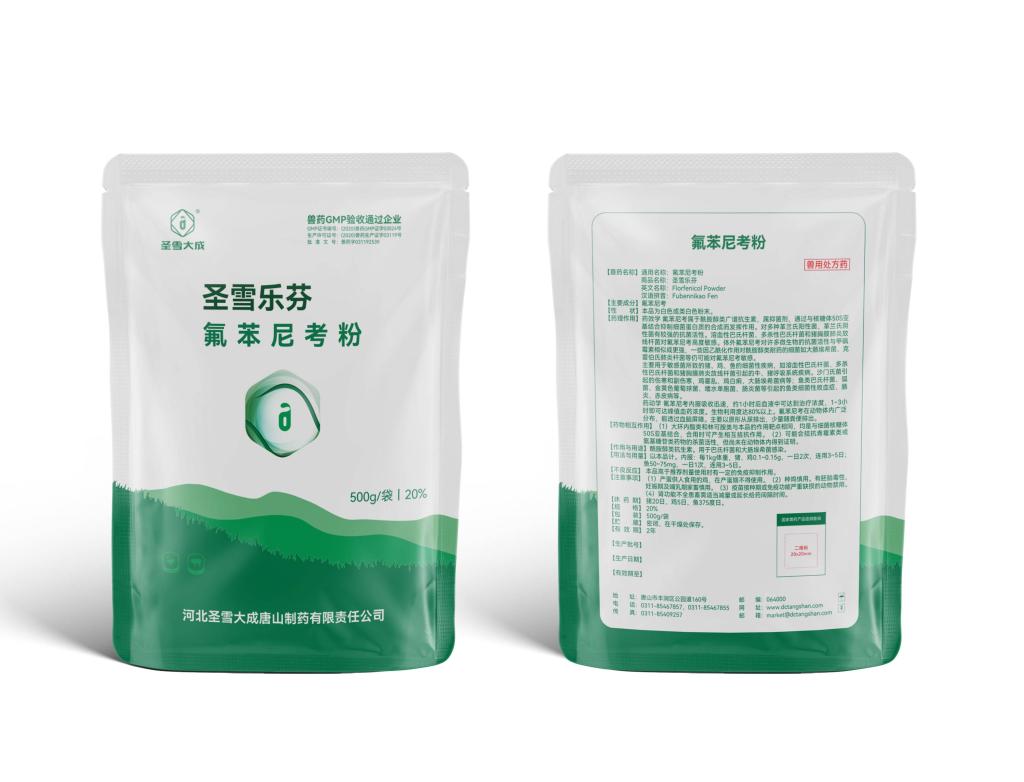Tel:+8618231198596

News
 CONTACT
CONTACT
 CONTACT
CONTACT
- Linkman:Linda Yao
- Tel: +8618231198596
- Email:linda.yao@dcpharma.cn
- Linkman:CHARLES.WANG
- Department:Overseas
- Tel: 0086 0311-85537378 0086 0311-85539701
News
Veterinary clinics maintain a stock rotation system to ensure Florfenicol Powder remains potent.
TIME:2024-11-05
Understanding Florfenicol Powder
Florfenicol is a synthetic antibiotic effective against a range of Gram-positive and Gram-negative bacteria. It is primarily used in livestock and companion animals to treat infections such as respiratory diseases, enteritis, and other bacterial conditions. Due to its mode of action, which inhibits protein synthesis in bacteria, maintaining the potency of florfenicol is crucial for effective treatment outcomes.
The Role of Stock Rotation
Stock rotation is a systematic approach to managing inventory that ensures older products are used before newer ones. This practice is particularly important in veterinary clinics for several reasons:
Preventing Expired Medications: Medications, including florfenicol powder, have expiration dates indicating when they are no longer guaranteed to be effective. By implementing a stock rotation system, clinics can minimize the risk of using expired products, ensuring that all medications administered to animals are potent and safe.
Maintaining Efficacy: The efficacy of florfenicol can diminish over time due to factors such as exposure to light, heat, and moisture. Regularly rotating stock helps ensure that medications are stored in optimal conditions and used within their effective shelf life.
Enhancing Patient Outcomes: The use of potent and effective medications directly impacts patient health. Administering expired or degraded florfenicol can lead to treatment failures, prolonged illness, and increased risk of complications, all of which can affect animal welfare and productivity.
Economic Efficiency: By reducing waste associated with expired medications, stock rotation helps clinics manage their resources more efficiently. This practice can lead to cost savings and a better allocation of funds toward purchasing new medications when necessary.
Implementing a Stock Rotation System
Organizing Inventory: Veterinary clinics should clearly organize their medication inventory, grouping products by expiration date. This organization allows staff to easily identify older stock and prioritize its use.
Regular Audits: Conducting regular inventory audits can help clinics track expiration dates and ensure that products are being used in a timely manner. These audits also provide an opportunity to check for any signs of damage or contamination in medications.
Training Staff: Ensuring that all staff members are trained in the principles of stock rotation is essential. Staff should understand the importance of checking expiration dates and following proper procedures for inventory management.
Using the FIFO Method: The "First In, First Out" (FIFO) method is a widely recognized approach to stock rotation. Under this system, the first products received are the first to be used. Implementing FIFO ensures that older medications, such as florfenicol powder, are utilized before newer stock.
Monitoring Storage Conditions: Proper storage conditions are vital for maintaining the potency of florfenicol and other medications. Clinics should monitor temperature, humidity, and light exposure in storage areas to ensure they remain within recommended limits.
Conclusion
Maintaining the potency of florfenicol powder through an effective stock rotation system is essential for veterinary clinics to provide high-quality care to animals. By preventing the use of expired medications, ensuring efficacy, and promoting economic efficiency, stock rotation contributes to better patient outcomes and overall practice success. As veterinary medicine continues to evolve, adopting best practices for inventory management will remain a critical component in delivering safe and effective treatments to animals in need. Through vigilance and organization, veterinary clinics can uphold the standards of care that both animals and their owners expect and deserve.
- Tel:+8618231198596
- Whatsapp:18231198596
- Chat With Skype







